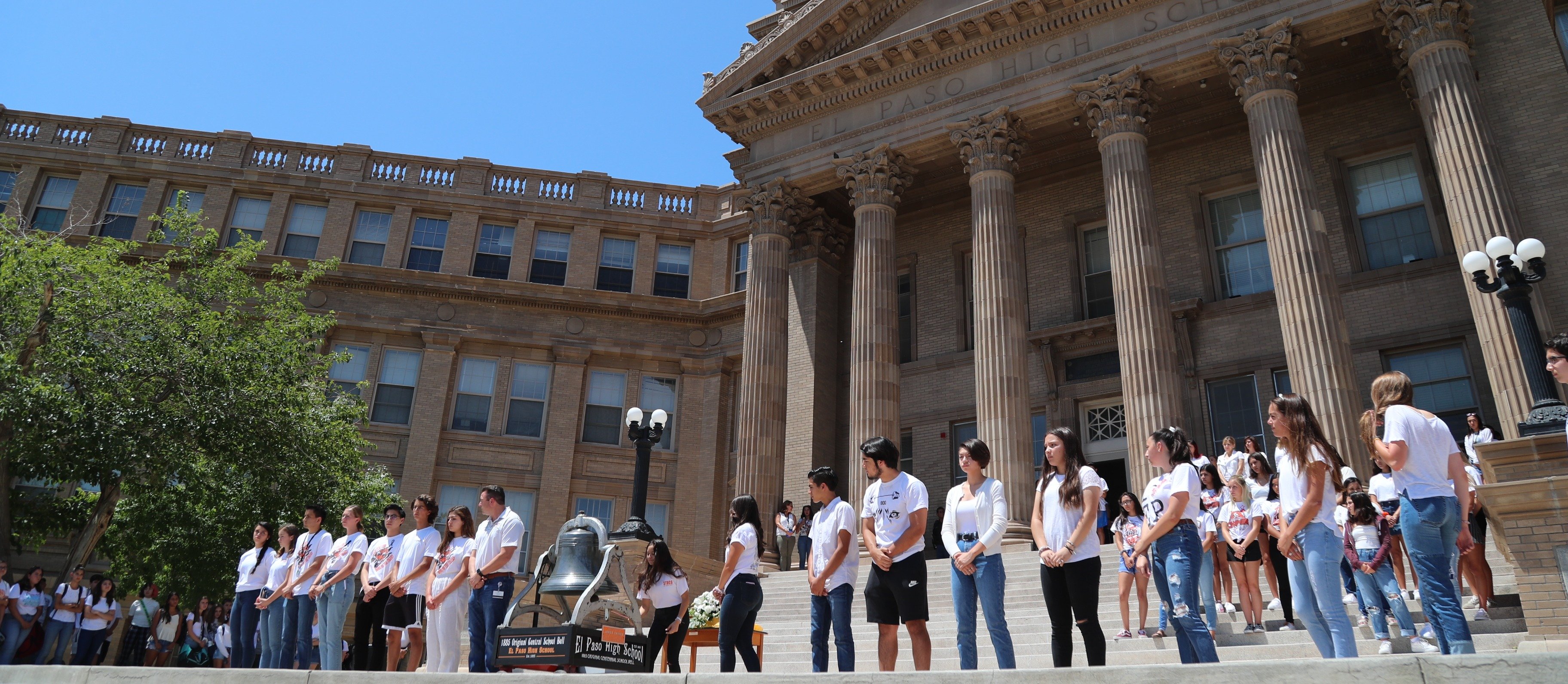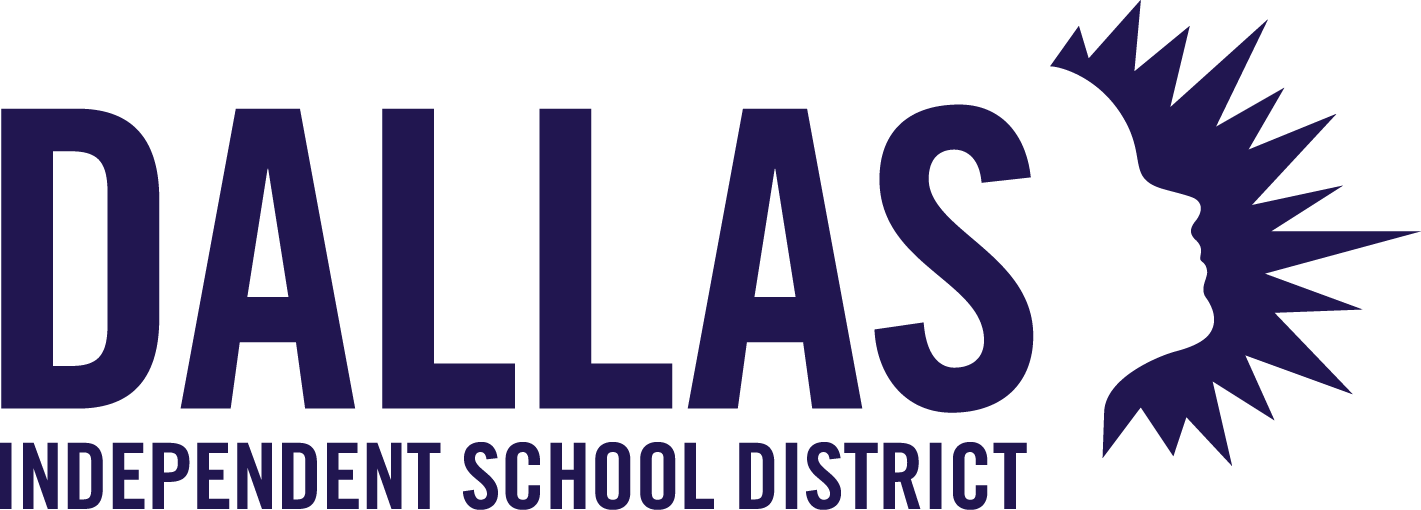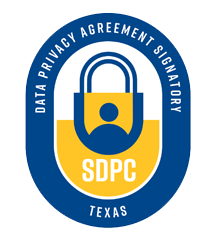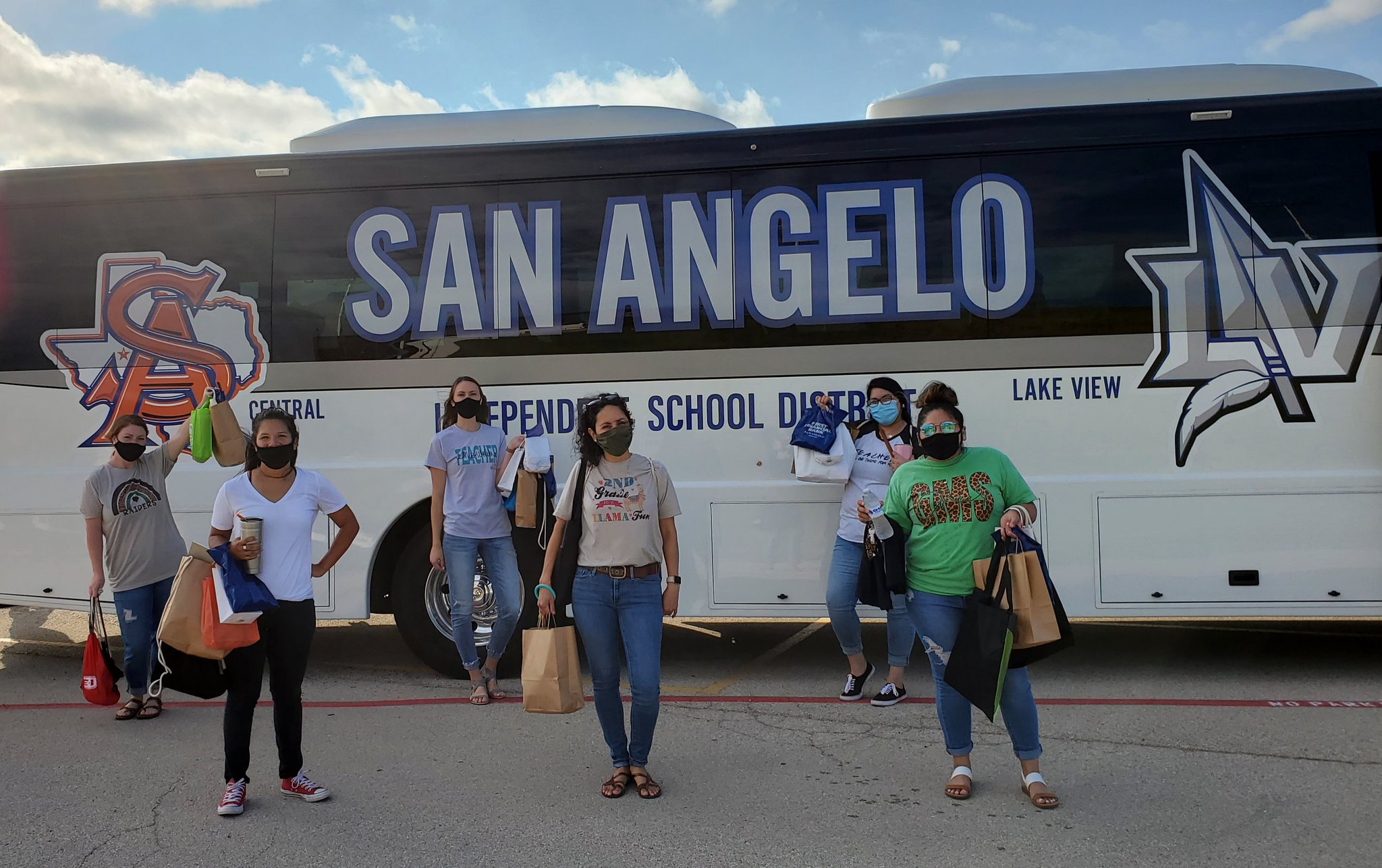
-
Solutions
-
By District Priority
-
-
Products
-

AI Perceptions and Readiness Survey
Understand stakeholder priorities, familiarity, and readiness to use AI in schools.
-
Resources
-
Featured Resource

Panoramic 2026 Virtual Summit
Discover how educators and leaders are putting purpose behind AI to drive real improvements in attendance, literacy, and student supports.
-
Find Your State
-
-
Alabama
-
Alaska
-
Arizona
-
Arkansas
-
California
-
Colorado
-
Connecticut
-
Delaware
-
Florida
-
Georgia
-
Hawaii
-
Idaho
-
Illinois
-
Indiana
-
Iowa
-
Kansas
-
Kentucky
-
Louisiana
-
Maine
-
Maryland
-
Massachusetts
-
Michigan
-
Minnesota
-
Mississippi
-
Missouri
-
Montana
-
Nebraska
-
Nevada
-
New Hampshire
-
New Jersey
-
New Mexico
-
New York
-
North Carolina
-
North Dakota
-
Ohio
-
Oklahoma
-
Oregon
-
Pennsylvania
-
Rhode Island
-
South Carolina
-
South Dakota
-
Tennessee
-
Texas
-
Utah
-
Vermont
-
Virginia
-
Washington
-
West Virginia
-
Wisconsin
-
Wyoming
-
-
-
About Us
-
Impact
-
Get in Touch
-
Texas
A Powerful Technology Platform to Support Texas Students
Join the Texas school districts that are using Panorama's tools to support student success.
Align to Texas Education Agency (TEA) and TPAC guidance
Support Community Engagement
Document your MTSS/RTI and track testing accommodations
Simplify graduation tracking with automation
A New Opportunity for Texas Skyward Districts: AI + MTSS, Fully Funded
Panorama Education is partnering with Skyward and the Texas Exchange to bring AI-driven intervention planning and evidence-based MTSS directly into your existing systems. Act fast: first-year funding for Solara or Student Success is available on a first-come, first-served basis.
Powering school improvement in Texas school districts.




See How Panorama Aligns to TEA and TPAC Guidance to Support Texas Districts
Featured Resource
Texas House Bill 1416
Texas House Bill 1416 (previously HB4545) was established to accelerate learning for students who did not pass the STAAR test in grades 3–8 or STAAR (EOC) end-of-course assessments. Districts are required to provide 15 or 30 hours of supplemental instruction for these students.
Panorama is here to help. We partner with districts to align data, tools and processes that build educator capacity to focus on what they do best: driving student support and learning.
House Bill 1416 Alignment Guide
Panorama is here to help. We partner with districts to align data, tools and processes that build educator capacity to focus on what they do best: driving student support and learning.


TPAC Pillar
Pillar 3: Engaged, Well-Rounded Students and Pillar 5: Professional Learning/Quality Staff
Elevate stakeholder voice when crafting and measuring your community-based accountability framework.
Gather and act on community feedback using Panorama’s research-backed, customizable survey instruments. Analyze the results in our reporting platform with national benchmarks and a library of action-planning resources.

TEA Guidance
Senate Bill 1153, Senate Bill 179, House Bill 1416
Panorama's Intervention & Progress Monitoring tools were built to provide flexibility for districts as programs and state requirements are introduced. With Panorama Student Success, district teams can define their tiers of support, manage their menu of interventions, and create customized program categories so leaders and educators can easily disaggregate intervention data to glean valuable insights around efficacy of implementation, compliance with mandates, and more.

TEA Guidance
Senate Bill 1153, Senate Bill 179, House Bill 1416
Easily document RTI plans, testing accommodations, and other student supports and improve the educator experience to help every student thrive.

TPAC Pillar
Pillar 4: Community Engagement & Partnerships
Elevate stakeholder voice when crafting and measuring your community-based accountability framework.
Gather and act on community feedback using Panorama’s research-backed, customizable survey instruments. Analyze the results in our reporting platform with national benchmarks and a library of action-planning resources.

TEA Guidance
Positive Character Traits Education
Integrate positive character traits and personal skills into the essential knowledge and skills adopted for kindergarten through grade 12. These traits include but are not limited to respect, trustworthiness, and good citizenship, including patriotism, concern for the common good and the community, responsible decision-making skills, and respect for authority and the law.

TEA Guidance
Positive Behavior Interventions and Supports
Employ Positive Behavior Interventions and Supports to effectively teach, encourage, and reinforce pro-social behavior in and out of the classroom. A positive approach to working with students includes a focus on prevention, early intervention, teamwork between all adults, meeting students’ needs, and building a positive school climate.

Hear From Texas Partners
“We realized that we had so much data, but we didn't have the most important data. We didn’t have the data we needed to address the needs of our students. We needed to know where they were at when they returned and what they needed from us.”
Juany Valdespino-Gaytán
Executive Director of Engagement Services
“With Panorama, we can now measure how students are progressing towards our district's definition of college, career, and/or military readiness, and then collaborate and act on that information to deliver targeted supports and keep every student on the path to developing the skills they need for life success.”
Cassandra Gracia
Director of Counseling and College, Career, and Military Services
Breana Piles, MTSS Coordinator, Shertz-Cibolo-Universal City ISD (TX)
Michael Kalnbach, San Angelo ISD (TX)
TEXAS GRADUATION REQUIREMENTS
Automated Monitoring for On-Time Graduation
High school graduation pathways can be complex in Texas. They include the Foundation High School Program graduation requirements, additional categorical specifications, optional endorsements for advanced learning, and more. For a counselor with an average caseload of 400 students, manually tracking these requirements can negatively impact graduation due to missed transcript errors, scheduling mistakes, and pathway misalignment. Panorama Pathways automates credit tracking so Texas counselors can worry less about making a mistake and have more time working directly with students. And district leaders can be sure that they have the best system to satisfy all requirements and deliver positive results to their community.
Proud member of the Student Data Privacy Consortium

Resources for Our Texas School & District Leaders
Ready to bring Panorama to your school or district?
Join thousands of Texas educators that trust Panorama to support every student




